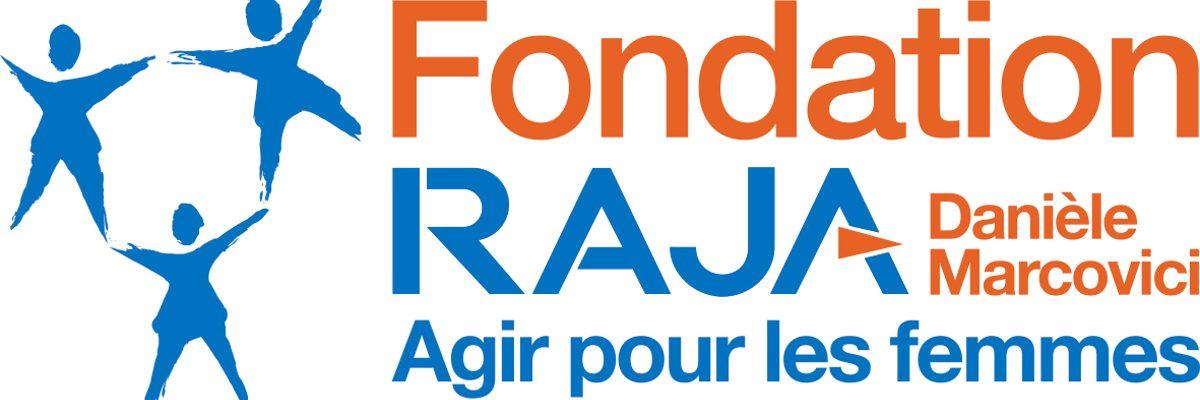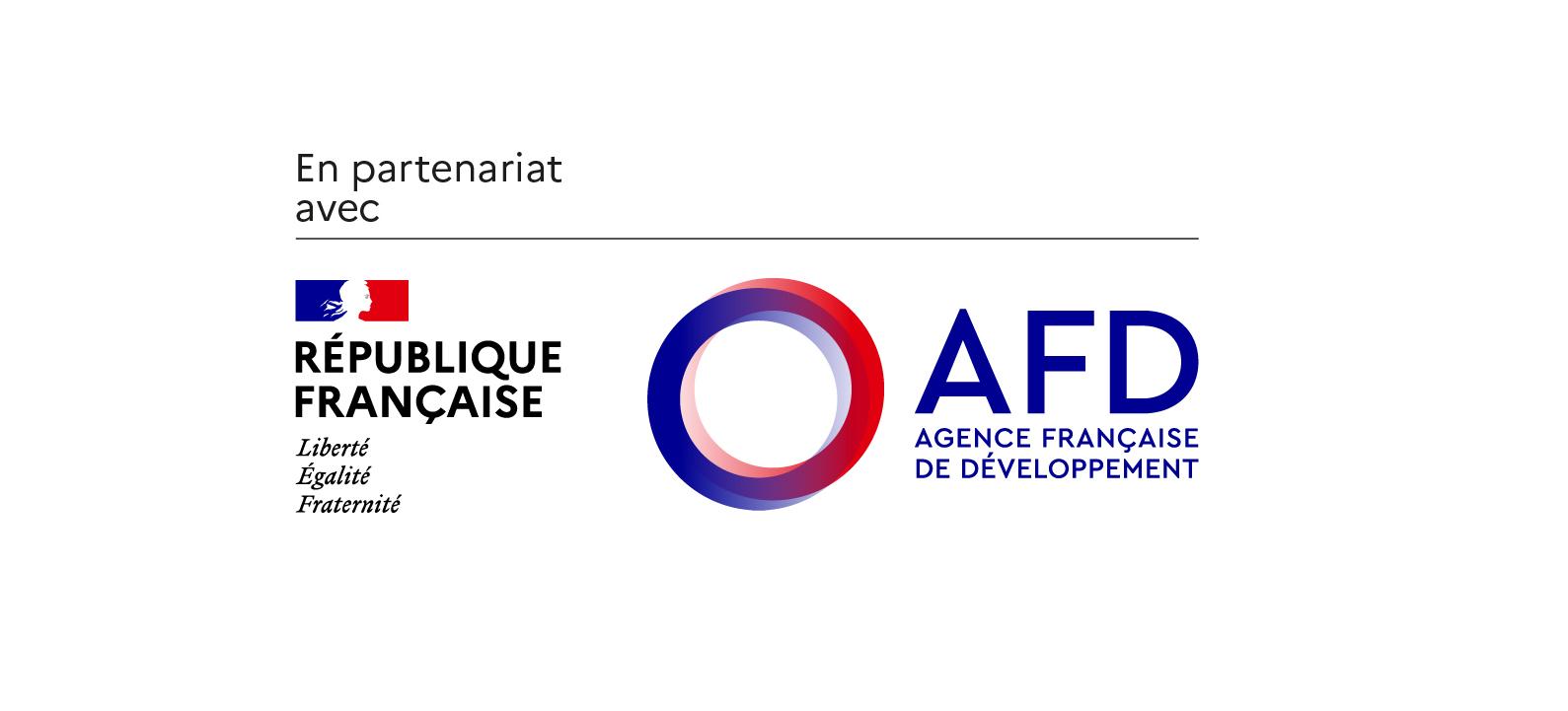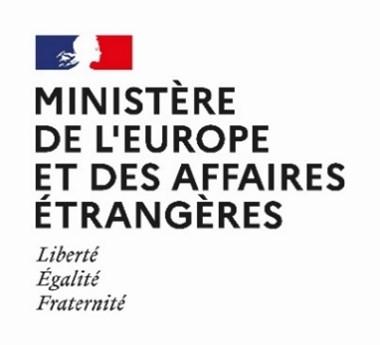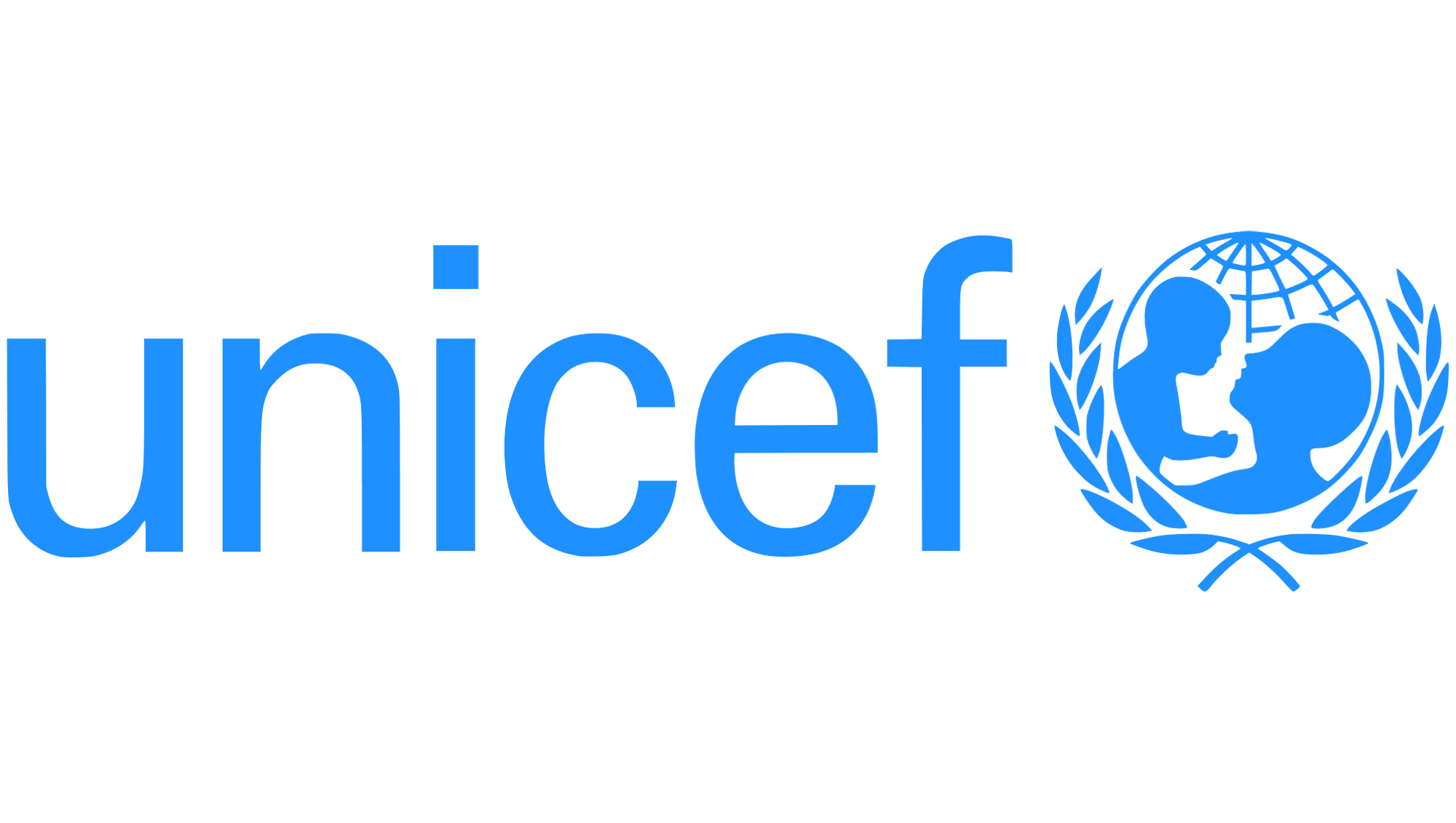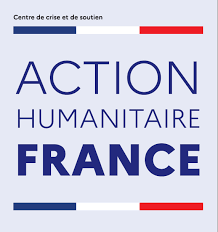Emergency programmes in Kasaï, Sud-Kivu and Nord-Kivu provinces and later Orientale. Programmes closed in 1998.
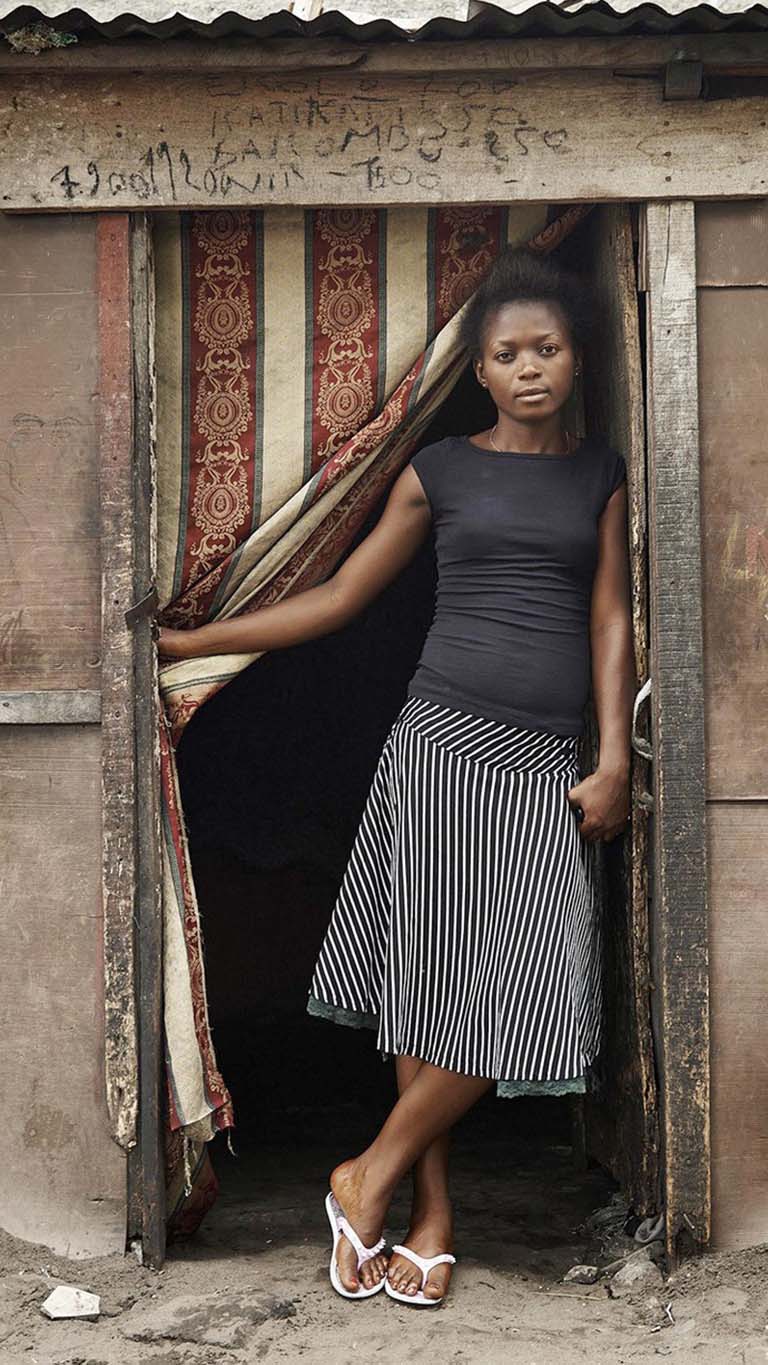
Democratic republic of the Congo
© Luc Valigny
Médecins du Monde’s emergency response includes a range of humanitarian assistance programmes. Find out more below about our work and missions in the Democratic Republic of the Congo.
THE HUMANITARIAN SITUATION IN THE DEMOCRATIC REPUBLIC OF THE CONGO
The Democratic Republic of the Congo (DRC) is experiencing one of the most complex and long-running humanitarian crises in the world. The crisis has many different dimensions and the humanitarian needs are acute. Population movements, food insecurity, epidemics and security issues are the greatest causes of concern. The number of internally displaced people in the DRC reached unprecedented levels in 2024.
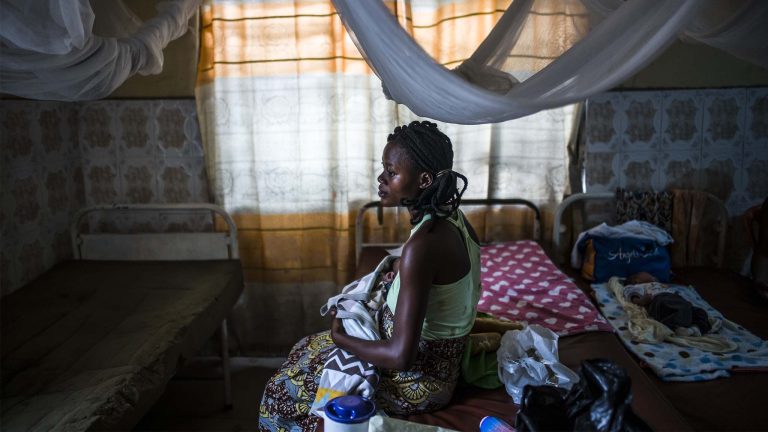
© Olivier Papegnies
OUR HUMANITARIAN WORK IN THE DEMOCRATIC REPUBLIC OF THE CONGO
-
1994
-
1999
Programme for street children opened in Kinshasa.
-
2002
Opening of a programme in the Lake Tanganyika region providing access to care and treatment for cholera. Programme concluded in 2011.
-
2003
AIDS programme opened in Goma in Nord-Kivu province. Programme closed in 2015.
-
2008
Mental health programme for survivors of gender-based violence opened in Nord-Kivu. Concluded in 2013.
-
2014
Opening of a sexual and reproductive health programme specifically aimed at teenagers in Kinshasa.












